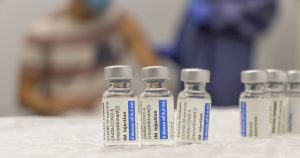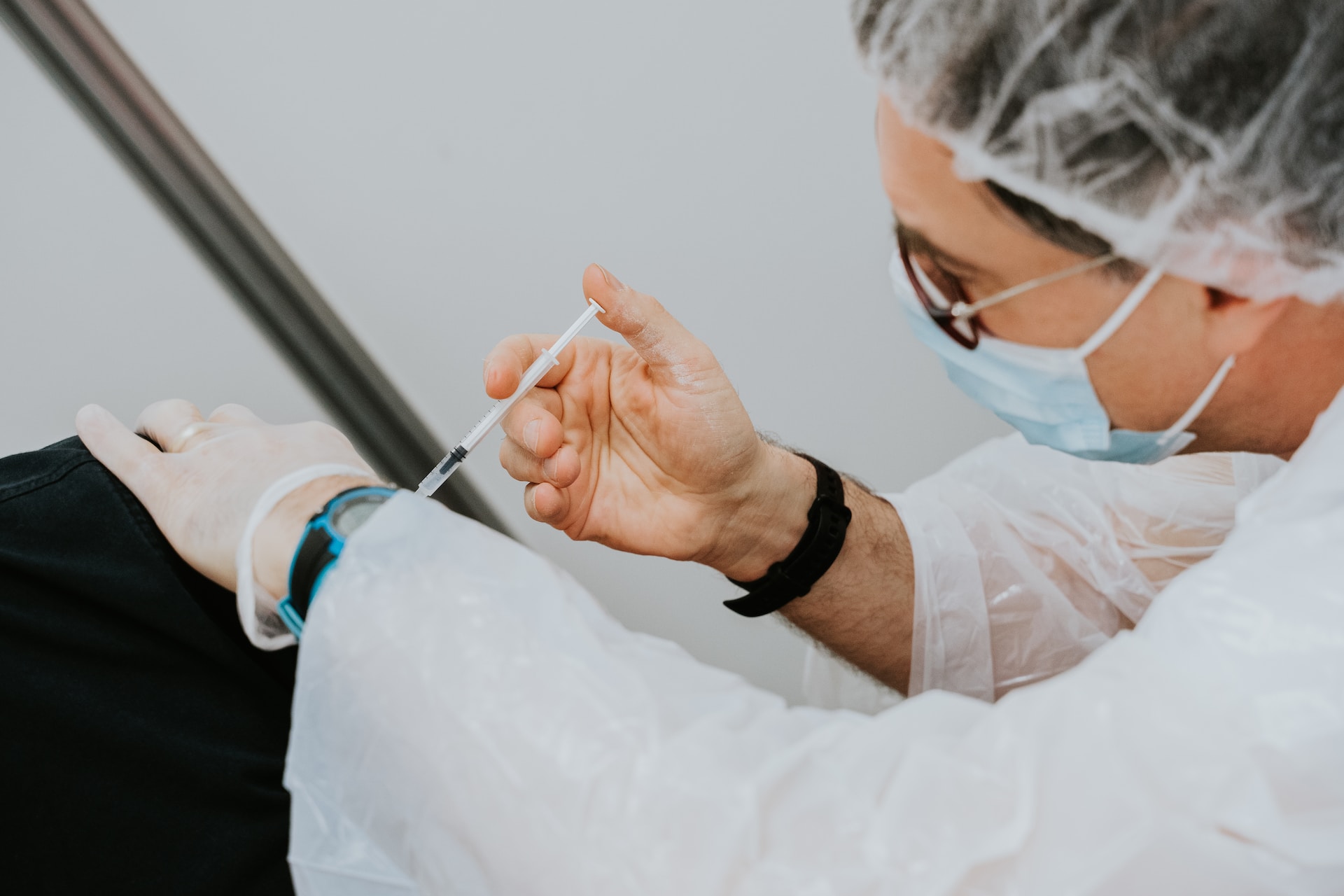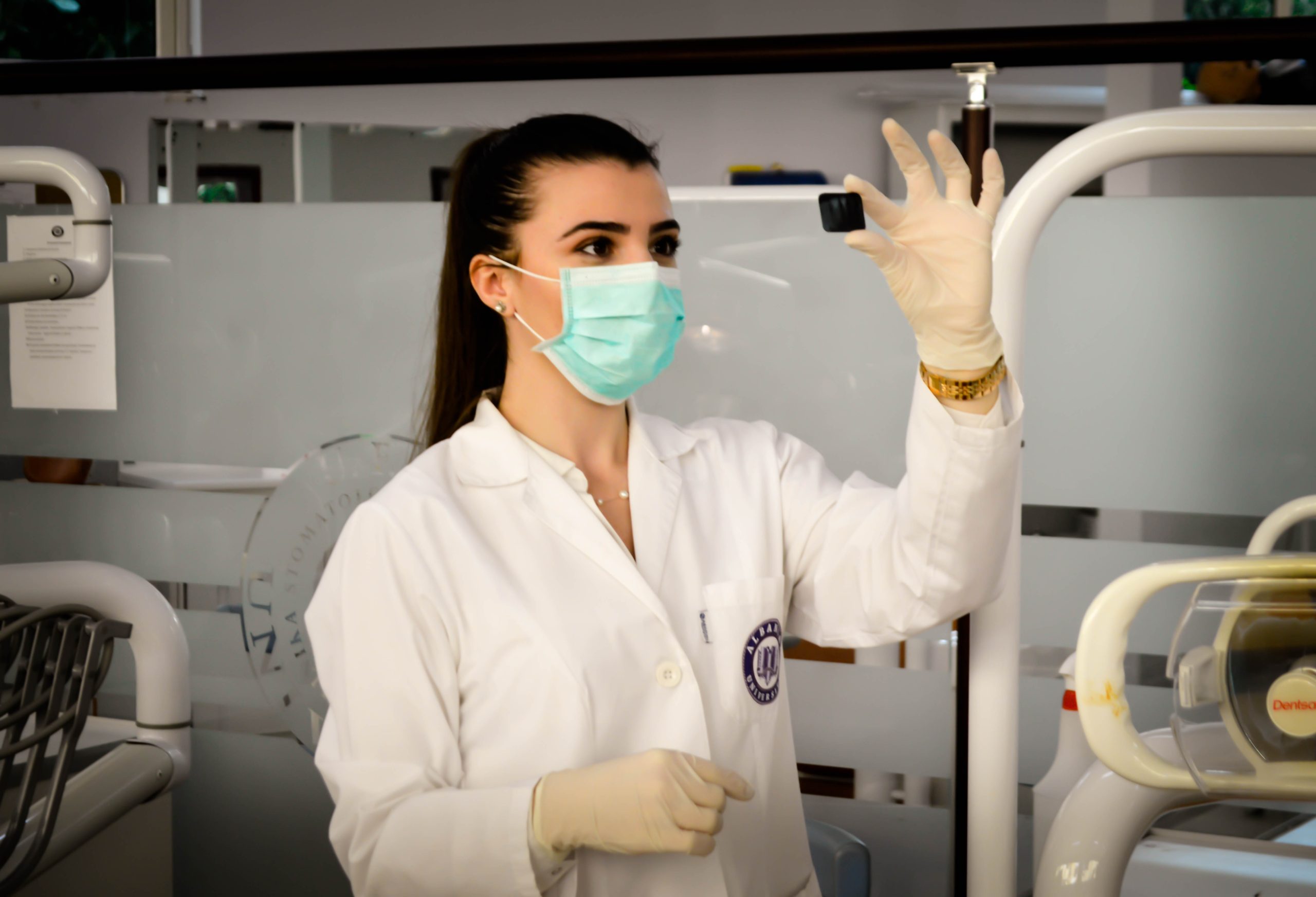Introduction: Respiratory Syncytial Virus (RSV) and its Impact on Older Adults
Older adults are at risk of developing severe respiratory infections, such as RSV. This article talks about the CDC’s suggestion that adults who are 60 years old and above should take Pfizer and GSK RSV vaccines. It emphasizes why getting vaccinated is crucial for preventing complications from RSV and keeping older adults in good health.
Gaining knowledge about RSV and how it impacts older adults
RSV is a viral infection that primarily goes after our respiratory system. Mild symptoms are common in healthy adults and children. Nevertheless, severe complications can arise in older adults, especially those with weakened immune systems or underlying health conditions. You’ll find an overview of RSV in this section, including details on how it is transmitted and the specific risks elderly individuals face.

How Getting Vaccinated Helps Protect Seniors
RSV and other infectious diseases can make older adults sick, so getting vaccinated is really important for their health. We also discuss how vaccines can make RSV less severe for older adults. It stresses the need for vaccination strategies that are specifically aimed at addressing and overcoming the distinctive hurdles faced by individuals belonging to this particular age category.
Pfizer and GSK RSV Vaccines: The effectiveness and safety of something for older adults.
The CDC says that adults aged 60 and older can choose Pfizer and GSK RSV vaccines because they are safe and work well. In this part, we discover the scientific research and trials that show why these vaccines are good for older adults. The study looks into how good the vaccines are at preventing RSV infections, lessening symptom seriousness, and reducing the chances of complications.
Understanding the CDC’s Recommendation: Rationale and Guidance
Older adults are encouraged by the CDC to get vaccinated with Pfizer and GSK RSV vaccines due to a meticulous assessment of scientific evidence availability, vaccine safety profiles, and how it can benefit this at-risk group. This part explains the reasons for the suggestion and gives advice on giving vaccines, how often to give them, and things healthcare providers and older people should think about.
Supporting the decision to get vaccinated for those who may be hesitant
Getting enough older adults vaccinated can be hard if they are unsure about getting the vaccine. In this section, we will talk about common worries and incorrect beliefs about RSV vaccines. Making sure that healthcare providers and older adults communicate well, learn together, and work as a team is really important for getting people to accept and use vaccines.
Conclusion: Keeping older adults safe from RSV using Pfizer and GSK vaccines
In summary, the CDC’s recommendation is that adults who are 60 years old or older should consider receiving Pfizer and GSK RSV vaccines. This shows how crucial vaccination is in preventing complications associated with RSV and promoting better health for senior citizens. If we grasp the consequences of RSV on individuals, raise awareness regarding vaccinations, and tackle any doubts or fears people may have towards being immunized, then collectively we can protect elderly individuals from harm’s way while ensuring their well-being in the long run.










